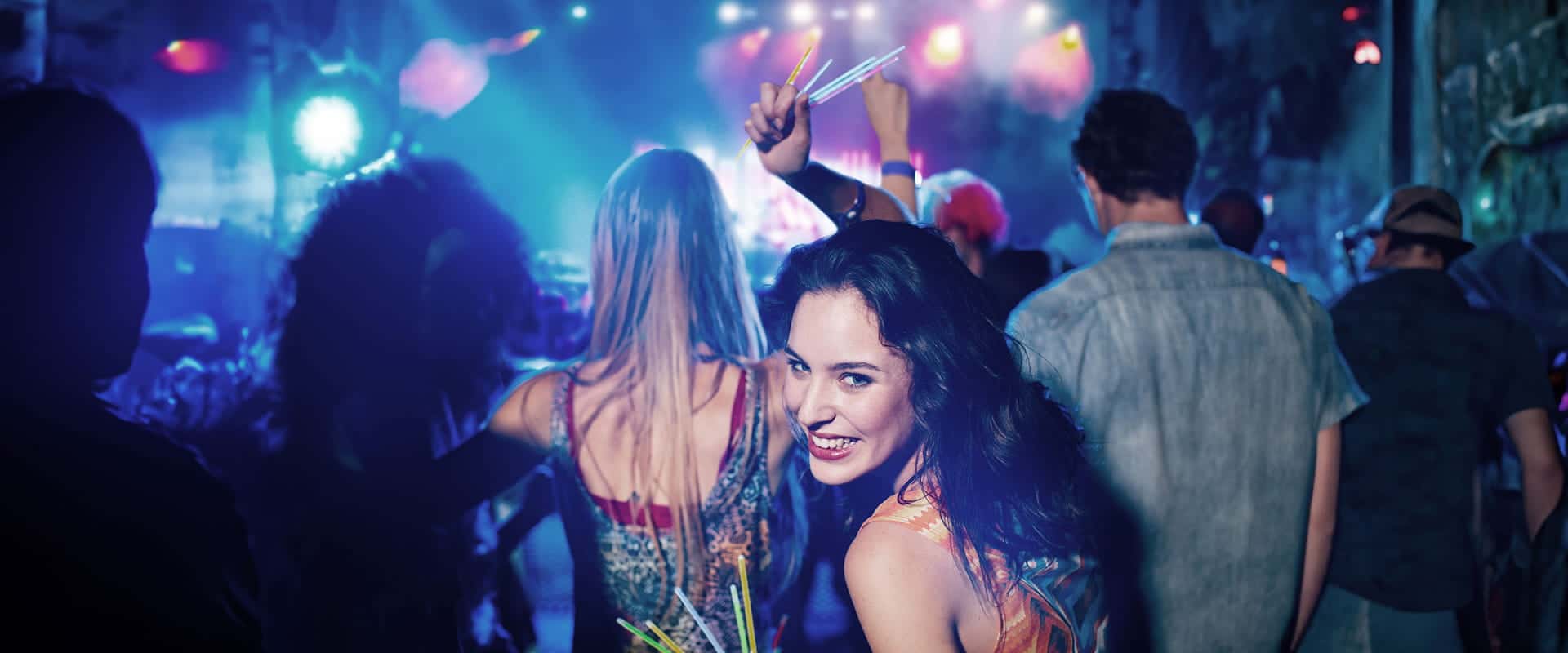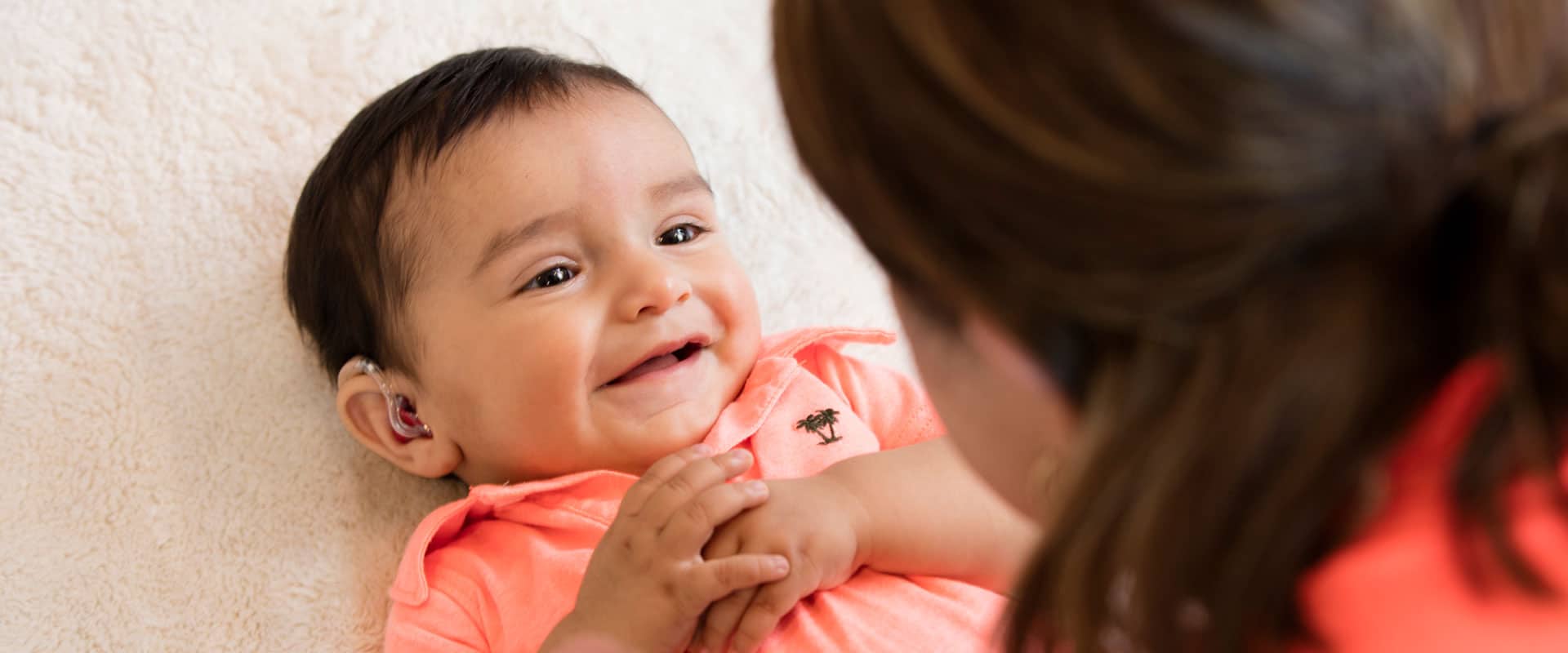This article is a part of the July/August 2020, Volume 32, Number 4, Audiology Today issue.
During these unprecedented times, as the country safely begins its journey toward economic normalcy, we’re faced with challenges that will require bold solutions. Even before the pandemic, audiologists who relied on hearing services were feeling market pressure from third-party payers, online retailers, big-box stores, and OTC hearing aids. Now, with un-shuttering, many audiology practices are scrambling to find clinical balance and business stability.
Introducing the Dizziland way: Audiology practices can now increase revenues while helping more patients through the Dizziland licensing program. This nationwide program licenses and trains audiologists in Advanced Vestibular TreatmentTM (AVT), the proprietary approach created by Newport-Mesa Audiology Balance & Ear Institute. It seeks to make audiologist-directed diagnosis and treatment of dizziness, vertigo, and balance disorders available to patients throughout the nation, while allowing the licensees to capitalize on this lucrative market.
AVT includes comprehensive diagnostic assessment of the 10 vestibular end organs, which provides the basis for customized treatment of each patient. Conversely, studies reveal 68 percent of patients with vestibular disorders are missed when only videonystagmography is performed, which is the industry standard used by many practices to diagnose vestibular disorders.1
Additionally, audiologist-directed AVT delivers upwards of 90 percent clinical efficacy, while traditional vestibular rehabilitation therapy directed by physical therapists delivers 50–70 percent efficacy, leaving 30–50 percent of patients without significant measurable improvement.2
AVT for dizziness, vertigo, and imbalance provides an enhanced and consolidated clinical approach, superior patient outcomes, improved patient experience, and substantial revenue growth. Click here to learn more.
Endnotes
1Chung W, Chu H. (2010) Clinical role of rotary chair test, ENG and CDP. Otolaryngol-Head Neck Surg 143(2):226.
2Krebs DE, Gill-Body KM, Parker SW, Ramirez JV, Wernick-Robinson M. (2003) Vestibular rehabilitation: useful but not universally so. Otolaryngol-Head Neck Surg 128(2):240–250.


